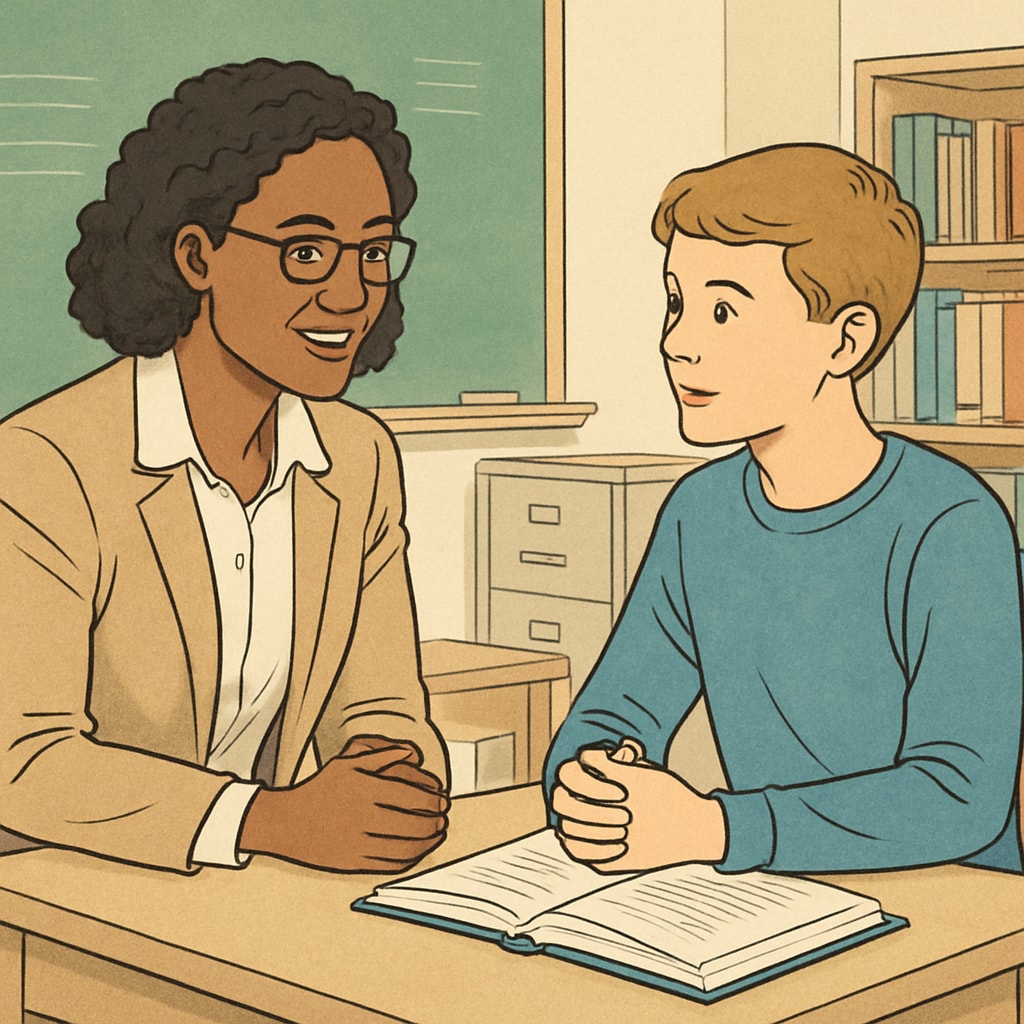For graduate students working on research assignments involving school counseling, finding willing school counselors to interview can be surprisingly difficult. Challenges arise not just from logistical barriers, but also from deeper systemic issues within the education field. This article explores the reasons behind these difficulties, the impact on academic research, and practical steps to bridge the gap between researchers and practitioners.
Why Are School Counselors Hard to Reach?
School counselors play a pivotal role in the educational ecosystem, addressing students’ emotional, academic, and career development needs. However, when graduate students seek to interview them for research purposes, they often encounter significant hurdles. Here are some common reasons:
- Heavy workloads: School counselors often manage large caseloads, leaving little time for external engagements like interviews.
- Lack of institutional support: Some schools lack formal policies that encourage or enable counselors to participate in academic research.
- Privacy concerns: Counselors may worry about confidentiality issues, especially if the research involves sensitive topics.
As a result, many graduate students find themselves stuck, unable to secure sufficient data to complete their assignments.

Systemic Challenges in Connecting Academia and Practice
The difficulty in interviewing school counselors is symptomatic of broader systemic challenges in bridging academia and practice. For example:
- Misaligned priorities: Academic research often focuses on theoretical frameworks, while school counselors prioritize immediate, practical interventions.
- Communication gaps: Researchers may not clearly articulate the purpose of their studies or the potential benefits for counselors and schools.
- Underrepresentation in research: Despite their importance, school counselors are often underrepresented in academic studies, leading to a lack of awareness about their roles and contributions.
Addressing these systemic issues requires collaboration and mutual understanding between educators, researchers, and policymakers.

Practical Solutions for Graduate Students
Despite the challenges, there are strategies graduate students can adopt to improve their chances of successfully interviewing school counselors:
- Reach out early: Begin contacting potential interviewees as soon as the research topic is finalized. Early outreach allows more time for scheduling.
- Leverage networks: Use personal or professional connections within the education field to find counselors who may be open to participating.
- Offer flexibility: Be willing to accommodate counselors’ busy schedules, even if it means interviews outside typical work hours.
- Build trust: Explain the confidentiality measures and highlight the value of their insights to the research.
- Seek institutional support: Work with university advisors to obtain formal letters of introduction or endorsements that may help validate the research effort.
By implementing these strategies, graduate students can overcome barriers and foster meaningful collaborations with school counselors.
Conclusion: Bridging the Gap
Connecting with school counselors for academic research is not without its challenges, but the effort is worthwhile. By understanding the systemic issues and adopting proactive strategies, graduate students can contribute valuable insights that benefit both academia and the counseling profession. Building stronger bridges between theory and practice will ultimately help advance the field of school counseling and improve educational outcomes for students.
Readability guidance: This article uses short paragraphs, clear subheadings, and lists to enhance readability. Transitional phrases like “however,” “in addition,” and “as a result” are used throughout to ensure smooth flow. Passive voice is minimized, and sentence length is controlled for optimal comprehension.


